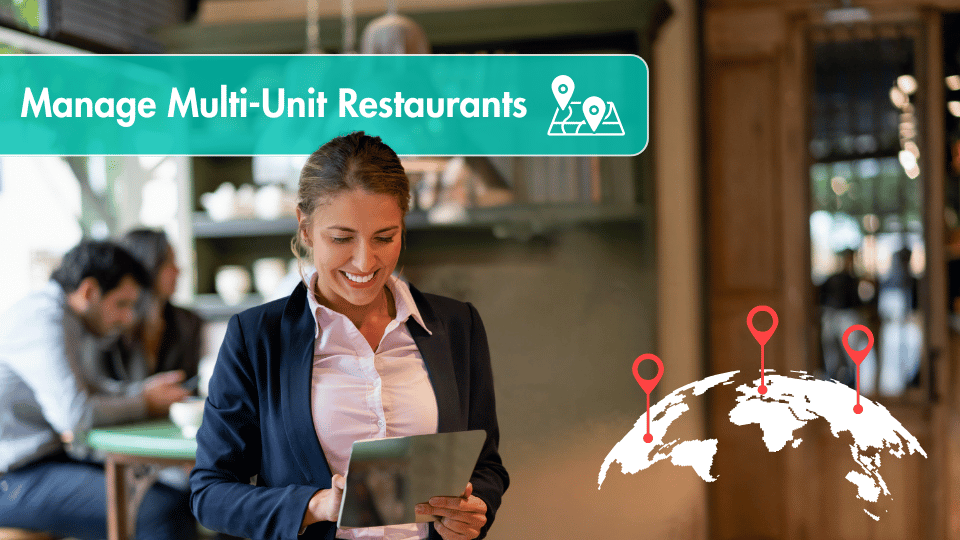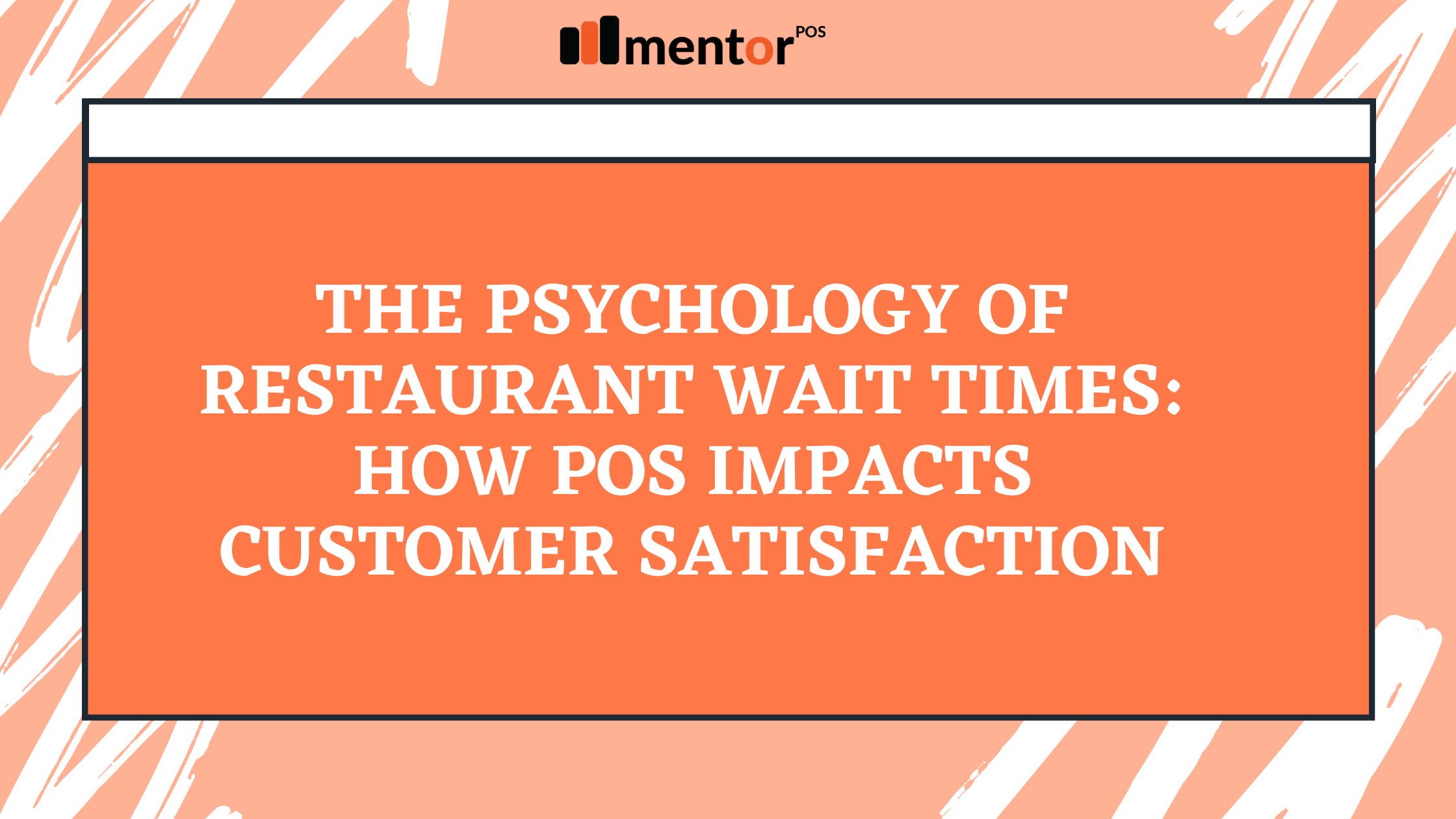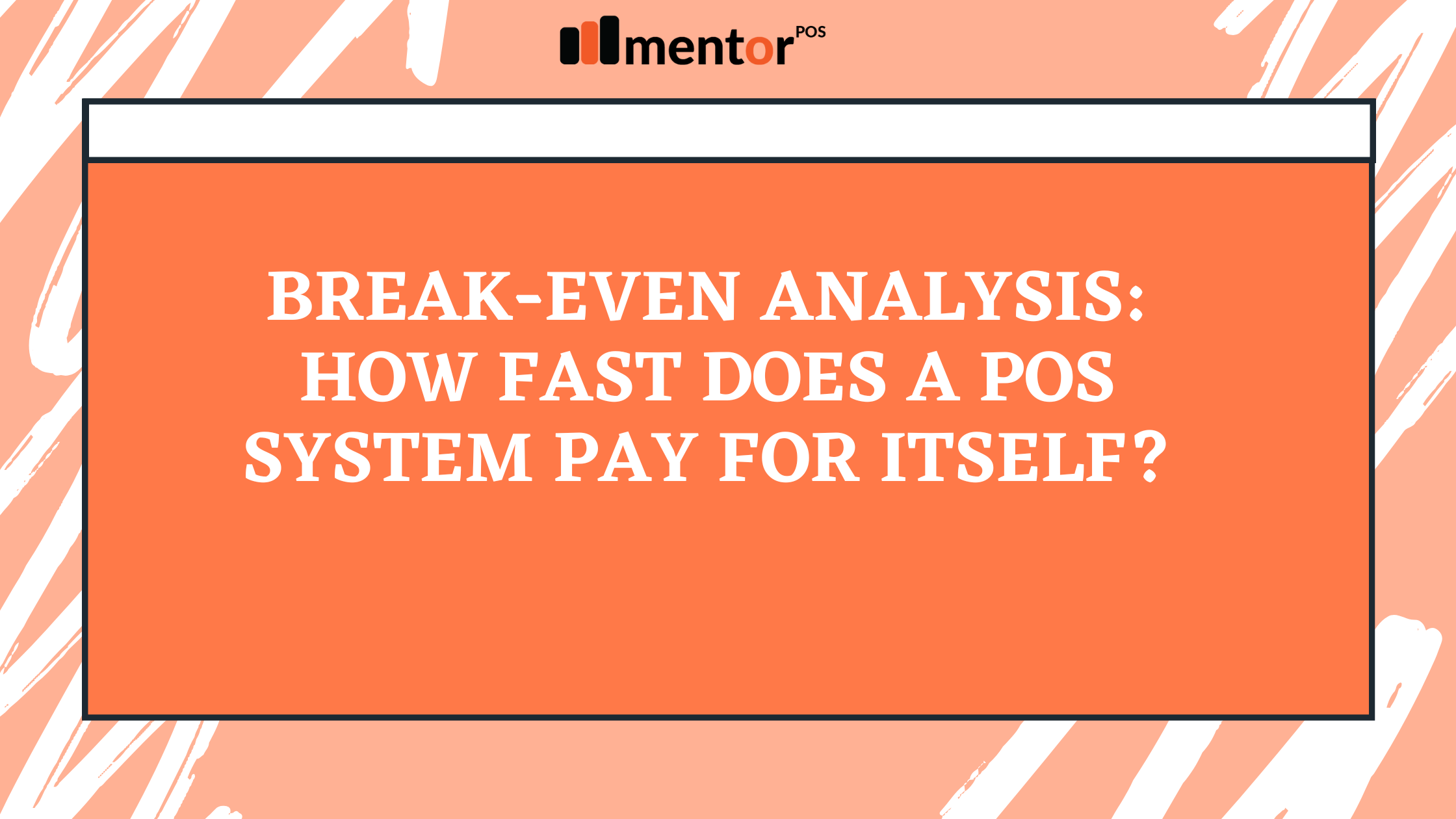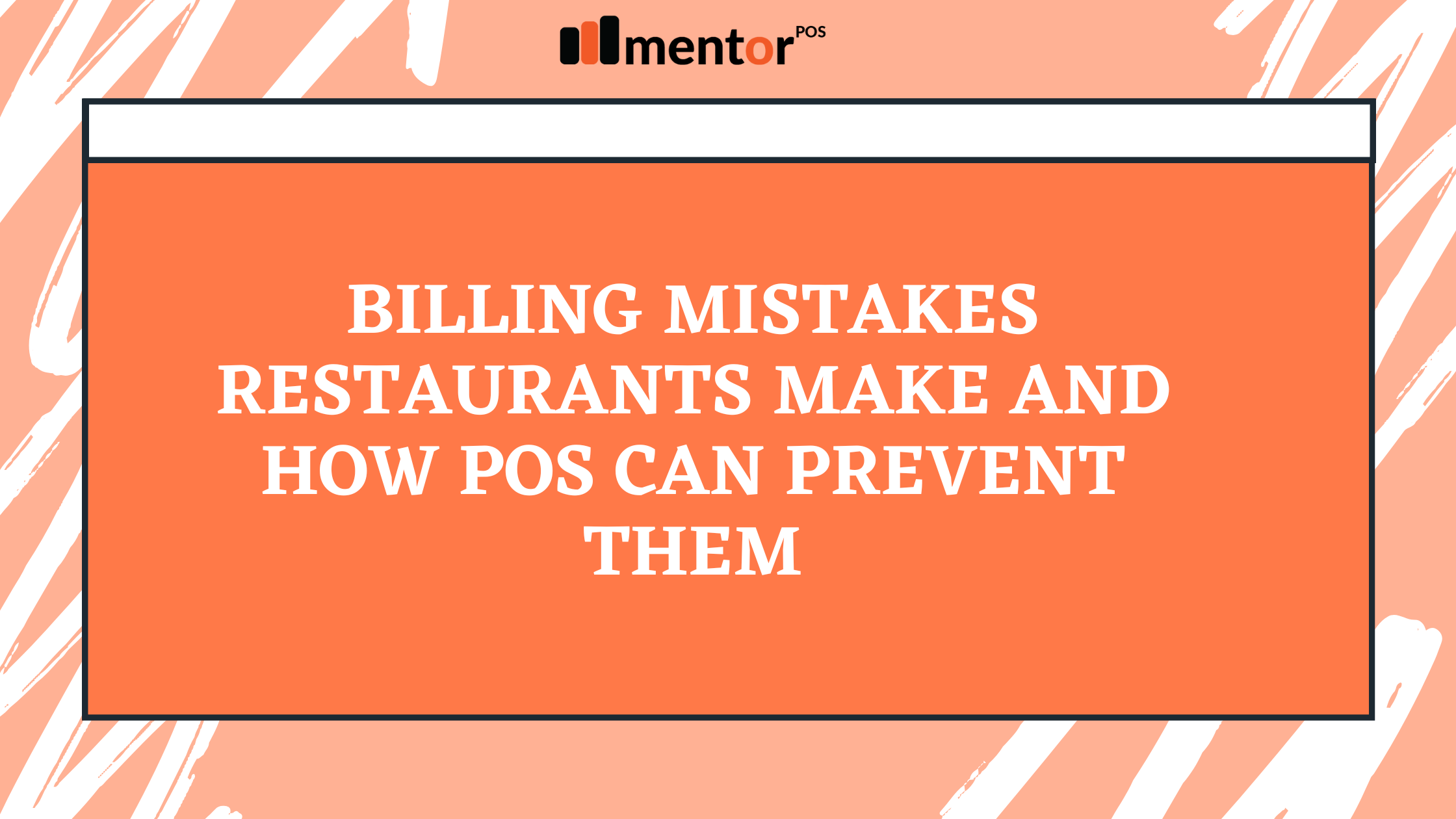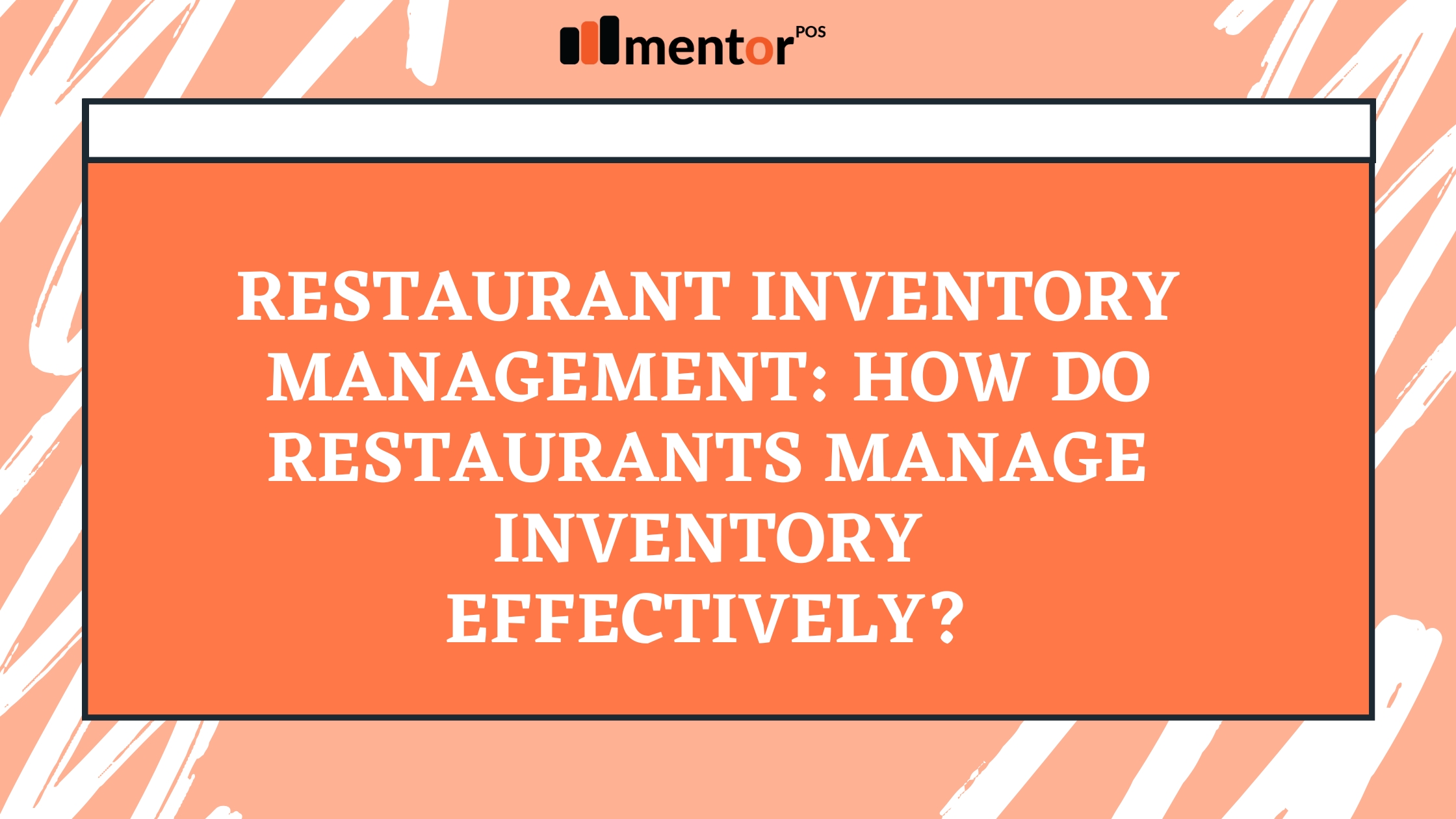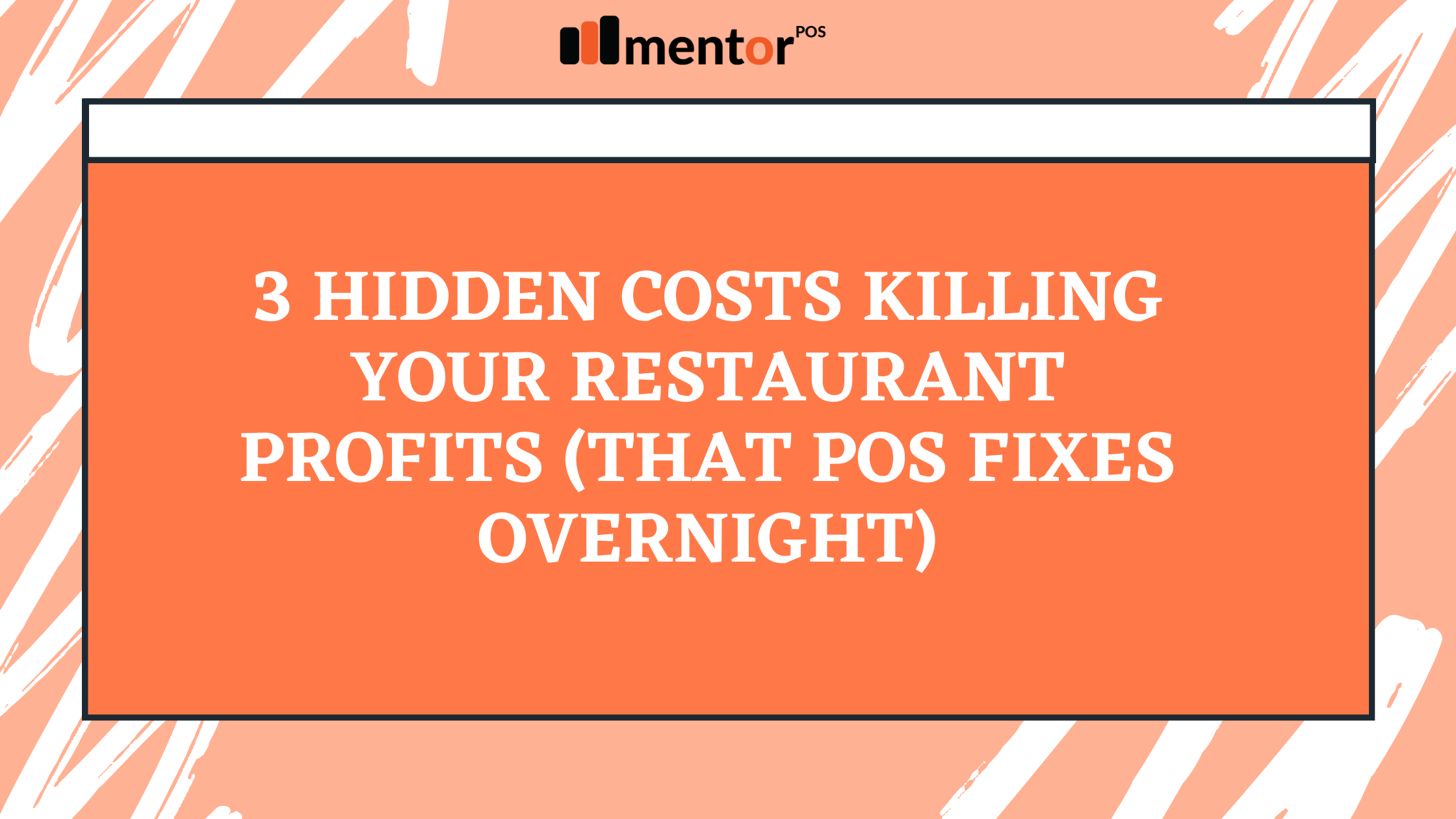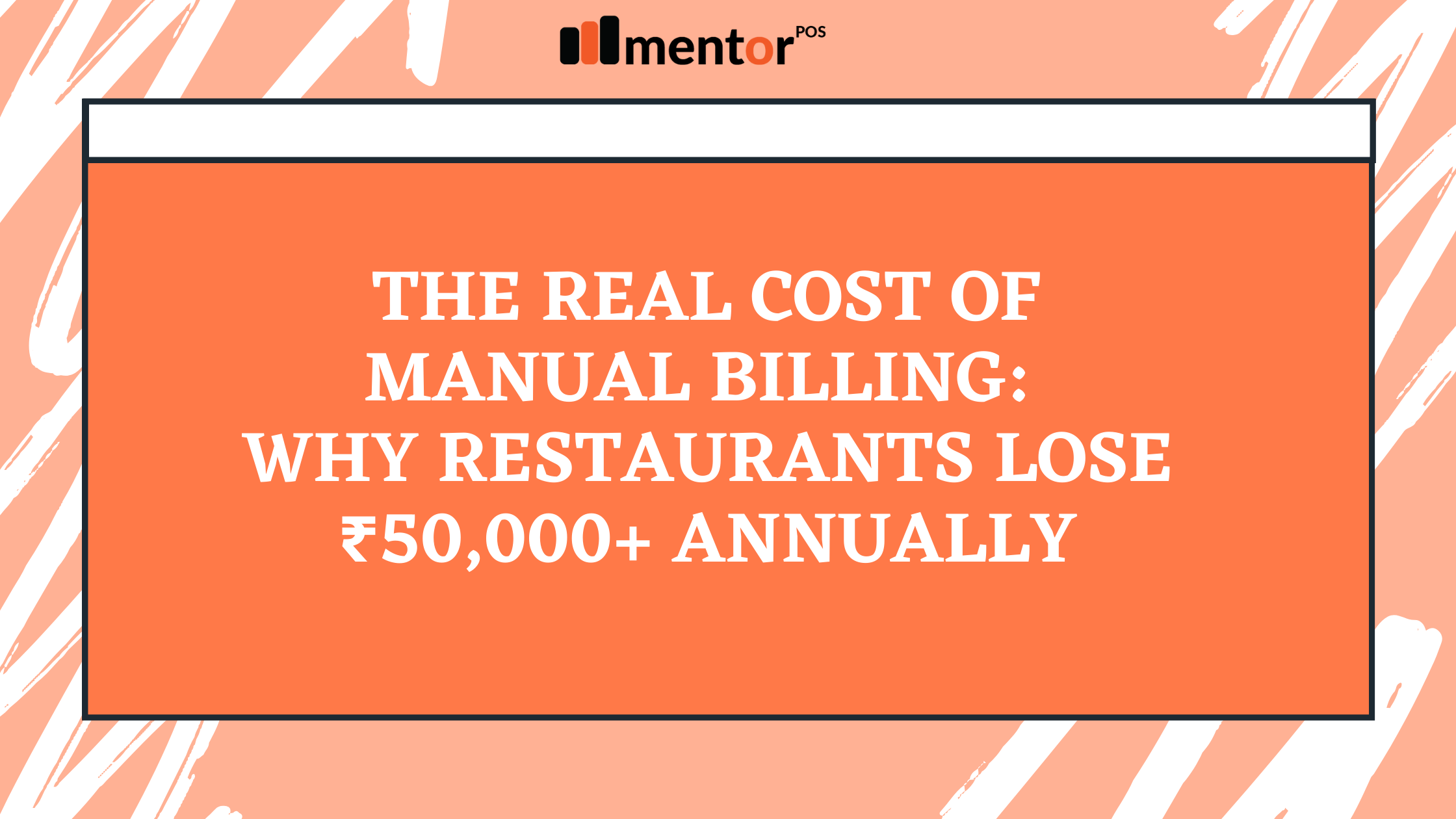Managing a single restaurant is a challenge in itself, but overseeing multiple locations brings a new level of complexity. From ensuring consistent food quality and service to monitoring financial performance across outlets, the responsibilities multiply rapidly. However, with the right strategies and tools in place, multi-unit restaurant management can be streamlined for maximum efficiency and profitability.
In this blog, we’ll explore some of the most effective strategies to help you manage multiple restaurants successfully while maintaining brand integrity and operational excellence.
1. Standardize Operations Across All Locations
Consistency is key when running more than one restaurant. Customers expect the same experience no matter which branch they visit. To deliver on this, it’s crucial to standardize your operations across locations.
How to implement:
- Create detailed SOPs (Standard Operating Procedures) for front-of-house and back-of-house operations.
- Train all staff using the same onboarding materials.
- Maintain uniform recipes, presentation, and portion sizes through centralized kitchen guidelines.
- Use consistent branding, signage, and customer service policies.
By creating a uniform operational framework, you reduce confusion, boost efficiency, and ensure that every team performs at the same standard.
2. Invest in a Centralized POS System
Technology is a game changer in managing multiple outlets. A cloud-based, centralized Point of Sale (POS) system allows real-time monitoring of sales, inventory, staff performance, and more from one dashboard.
Benefits of a centralized POS:
- Monitor sales data and inventory across all locations.
- Track customer preferences and buying behavior.
- Set and manage menu items, prices, and discounts from one place.
- Generate consolidated financial reports.
A POS system like MentorPOS empowers restaurant owners and managers to maintain control even when they’re not physically present at every location.
3. Establish a Strong Management Team
You can’t be everywhere at once — and you shouldn’t have to be. Hiring the right people to manage each location is vital. Delegate responsibilities to trusted restaurant managers and team leads who align with your vision.
Tips:
- Promote from within to ensure cultural alignment.
- Provide ongoing training and leadership development.
- Set clear KPIs and performance metrics for each manager.
- Conduct regular meetings and updates to stay connected.
An empowered and accountable team at each location allows you to focus on strategic growth instead of day-to-day micromanagement.
4. Use Real-Time Data and Analytics
Access to accurate, real-time data is essential for making informed decisions. Whether it’s evaluating the best-performing menu items or comparing labor costs, analytics provide the insights needed to optimize performance.
Key metrics to monitor:
- Daily sales and transaction volumes
- Inventory turnover rates
- Table turnover time
- Customer feedback and ratings
- Staff productivity
With detailed reporting tools built into modern POS systems, you can make proactive decisions that directly impact the bottom line.
5. Optimize Inventory Management
Managing inventory across multiple locations can be a logistical nightmare without the right systems. Inconsistent stock levels can lead to over-ordering, wastage, or stockouts — all of which affect profitability.
Efficient inventory strategies:
- Automate inventory tracking and stock alerts.
- Centralize purchasing and vendor management to negotiate better rates.
- Use consumption trends to forecast needs accurately.
- Share stock between locations when feasible.
Cloud-based inventory tools integrated with your POS help in maintaining tight control over food costs and reduce losses.
6. Streamline Communication
Miscommunication can lead to poor service, low morale, and operational errors. With multiple outlets, maintaining seamless communication between teams is vital.
Strategies to improve communication:
- Use internal messaging or task management tools.
- Schedule regular video calls and review meetings.
- Maintain a central repository for documents, menus, and SOPs.
- Use staff management tools to handle shifts, feedback, and announcements.
The smoother the communication, the more synchronized your operations will be.
7. Leverage Marketing Automation and Loyalty Programs
Brand consistency across locations should also extend to your marketing. Automating your marketing campaigns helps maintain consistency and engagement without added manual effort.
How to scale your marketing:
- Run centralized email and SMS campaigns.
- Offer a unified loyalty program that works across all outlets.
- Use geotargeting and localized promotions based on customer demographics.
- Collect and analyze customer data to personalize offers.
Marketing tools that integrate with your POS allow you to drive repeat business and build brand loyalty across your restaurant chain.
8. Monitor Staff Performance and Training
Hiring and retaining good staff is crucial in a multi-location setup. With more people to manage, performance tracking and ongoing training become non-negotiable.
Best practices:
- Use POS data to track individual staff performance.
- Reward top-performing employees and recognize their efforts.
- Invest in regular training sessions and skill upgrades.
- Maintain a central HR system to handle payroll, leaves, and attendance.
A motivated and well-trained team reflects directly on customer satisfaction and operational success.
Conclusion
Managing multiple restaurants requires a balance of systems, people, and technology. While it may seem overwhelming, implementing structured strategies can turn the complexity into an opportunity for exponential growth. The key lies in standardization, smart delegation, real-time data access, and centralized control.
If you’re looking to simplify multi-outlet management with a robust POS solution, MentorPOS offers powerful features like centralized monitoring, advanced inventory tracking, real-time reporting, and smart integrations — all tailored to help restaurant businesses scale effortlessly.
Take control of your restaurant chain’s success with the right tools. Discover what MentorPOS can do for you.

